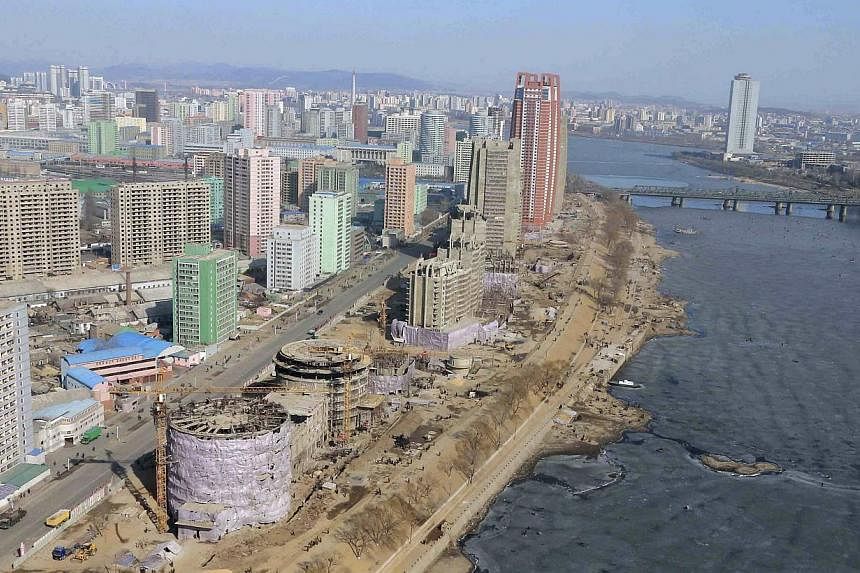SEOUL (AFP) - North Korea has reversed a ban on foreigners taking part in its annual international Pyongyang Marathon, after lifting strict travel restrictions aimed at keeping out the Ebola virus, specialist tour groups said on Thursday.
The North had announced last month that the April 12 marathon would only be open to domestic runners this year, because of lingering concerns over the Ebola epidemic in west Africa.
But Pyongyang formally reopened its borders to foreign travel earlier this week and Beijing-based Koryo Tours said its North Korean partners had informed them on Thursday that the marathon was again open to all-comers.
The tour agency, which had already begun refunding some of the nearly 450 people previously booked to take part in the race, said it was now scrabbling to reconfirm their itineraries. "The Pyongyang Marathon is back on for foreign amateur runners," United States-based Uri tours said on its website.
North Korea, which has not registered a single suspected case of Ebola, closed its borders to foreign tourists back in October.
It also strictly enforced a 21-day quarantine period on anyone entering the country, including foreign diplomats and businessmen.
The reclusive country, which receives a tiny number of foreign visitors, has a history of shutting itself off in the face of external health threats.
In 2003, it suspended foreign tours for three months due to fears over the spread of severe acquired respiratory syndrome (Sars).
On Tuesday, Pyongyang confirmed it had lifted the travel ban and the quarantine restrictions with some exceptions for visitors from west Africa.
Tourism is a crucial source of hard currency for the cash-strapped North, but it seemed willing to take a financial hit to avert any chance of an Ebola outbreak that its weak health infrastructure would be totally incapable of dealing with.
More than 9,700 people have died of the disease since the west African epidemic emerged in southern Guinea in December 2013, with nearly 24,000 people infected, according to the World Health Organization.

